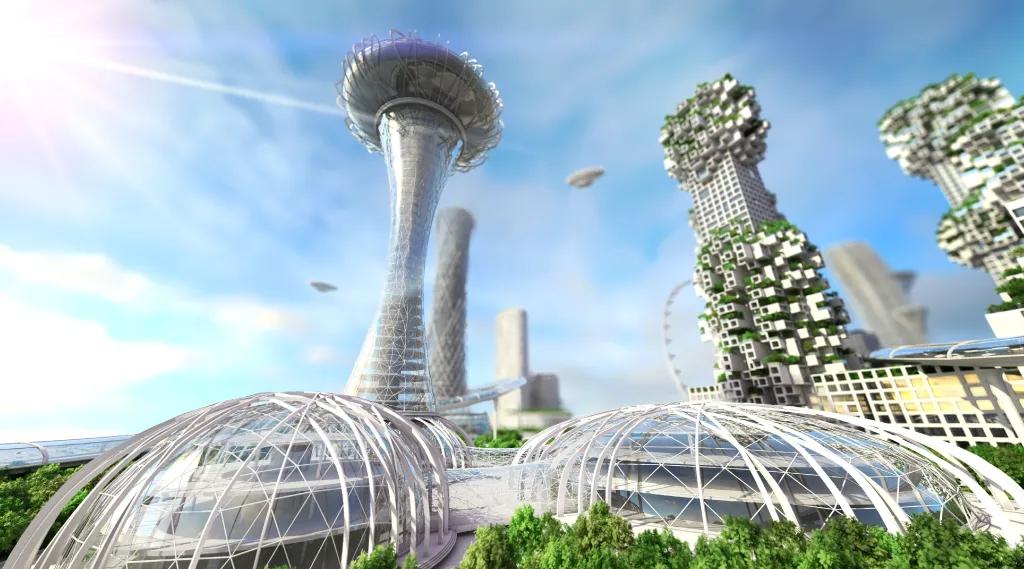The Human Particles of Planetary Health
Cities are living spaces created and developed for human bodies and souls. The Greek philosopher Aristotle believed that the excellence of the soul is directly related to the body's general well-being. Similarly, cities worldwide are considered microcosms that play a role in the planet's well-being. They are part of the Earth's ecosystem and are made up of natural and technological elements managed through urban design, planning, and city leadership.
However, the current global crisis is a result of the negative impact that human activities have had on the environment, cities, and the planet as a whole. The destruction and waste caused by human activities have decreased biodiversity, increased air and water pollution, and a low rate of recycling. The current threats in Malaysia, such as climate change, only highlight the need for all beings to balance their actions.
Cities must strive for both moral and physical excellence, which are interconnected. The question then becomes how to be good to do good. The lockdowns due to the COVID-19 pandemic have given city dwellers a taste of confinement and a newfound appreciation for nature. However, the rapid pace of technological progress and the increasing reliance on technology threaten to replace nature with concrete jungles and robots completely.
The health of the planet ultimately lies in human minds and hands. The adage "exercise your body to have a healthy mind" needs to be revisited in light of planetary health, as overexploitation of the earth's resources has exhausted the planet's ability to recover. Instead, exercising our minds and consciousness on a spiritual level is essential to regenerate the failing parts of humanity and energize the pulse of cities.
Researchers have a central role to play in this new approach. They can cultivate new civic values, vision, and mission at the heart of cosmopolitan and universalist research to improve the living condition of the planet and its cities. By working with an open mind, humans can find solutions that lead to technological progress and behavioural changes, which are essential for a more sustainable environment.
The Future Cities Research Institute (FCRI) was established to bring together leading academics from Sunway University and Lancaster University and address some of the world's most challenging problems. FCRI is focused on two main research themes: "Sustainable Cities" and "Digital Cities." The "Sustainable Cities" theme aims to improve city residents' lives and reduce their environmental impact. In contrast, the "Digital Cities" theme explores the use of technology in future cities and its potential social effects.
Professor Sabine Chaouche
School of Arts
Email: @email
This article was first published in Business Today, 3 July 2022




